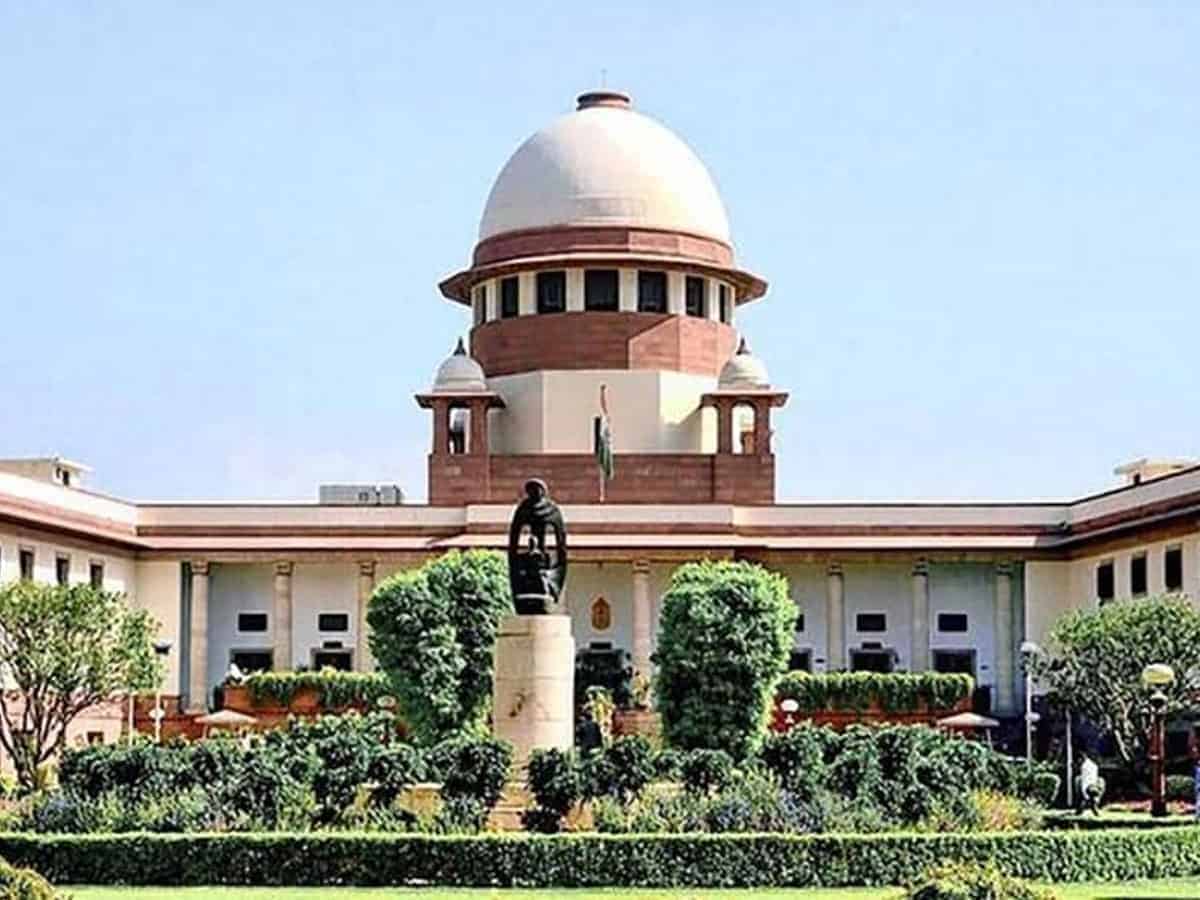
The ongoing hearing of Article 370 in the Supreme Court of India brings into context the procedures and the constitutional history of India and its past and present relationship with the erstwhile state and now as the Union Territory of the Union. This, by any means, is not an ordinary situation as the line of arguments by those challenging the revocation of the special status and privileges of Jammu and Kashmir under Article 370 of the Indian Constitution on August 5, 2019, have termed it unconstitutional, while the Union’s argument is that it was a national necessity.
A five-bench Constitution bench of the Supreme Court, headed by Chief Justice Y B Chandrachud, Justice Sanjay Kishen Kaul, Justice Sanjeev Khanna, B R Gavai, and Surya Kant, has been hearing the petitions challenging the abrogation of Article 370 on daily basis from August 2. The lawyers for the petitioners have completed their arguments, while the Government side started its counter on Thursday, August 24.
Understanding the issue from a perspective of much-hyped national interest in abrogating Article 370 and the political and emotional connect of certain sections of the erstwhile state, is must as the apex court is hearing the matter. The Supreme Court‘s verdict on the matter will be historic, Solicitor General Tushar Mehta has placed it on record while defending the abrogation of the particular constitutional provision.
First, it is clear to all that this act of the Union Government of August 5 and 6, 2019, has a parliamentary mandate. The Parliament, in which the BJP has a vast majority, gave its approval to the abolition of Article 370. That’s one reality. The other reality is that this parliament, or the next or next thereafter with each and every election will not be able to reverse it – the BJP that has called it as its crowning success will never repeal its own decision of 2019, that’s for certain. The BJP, very cleverly, did not abrogate Article 370 just as a constitutional matter or on the grounds that it was a “ temporary” provision, it added clauses of extension of fundamental rights to deprived sections in the state, growth of terrorism and described it as a provision that kept the conflict status alive. This conflict element gave an all-time route to Pakistan to interfere and pursue its agenda. Therefore, it has been embedded in something more than just abrogation of “ temporary provision”. It has set up a very high bar, which makes it impossible for any political party or dispensation in the country to restore the provision without inviting the tag of promoting secessionism or keeping the two-nation theory alive, as also the Kashmir issue remains unsettled.
Second, the repeal of Article 370 cannot be undone by Jammu and Kashmir on its own. There are so many constitutional conditions that it would have to meet even if it is given its status of statehood back.
Against this backdrop, it is only the Supreme Court of India that can deliver a verdict whether it was a valid action or not. And, for that, the nation will have to wait till the hearing is complete.
In the meantime, what is most significant is that the line of arguments has spotlighted so many issues dealing with the history, geography, and psychology that existed in 1947 and thereafter. Many unknown facts of this historical travelogue surfaced to the surprise of those who watched the proceedings which dealt with a unique case that has regional, national, and international ramifications.
As is natural, the people of J&K, who stand on pro-and anti-abrogation of Article 370, are keenly watching the line of debate between lawyers representing the two sides. They have much at stake in the outcome of the arguments and counter-arguments, and the line that SC’s constitutional bench will take at the end of the day.
China and Pakistan are watching for their own reasons as both these countries view Jammu and Kashmir as a “disputed territory,”- It may be recalled that China had boycotted G 20 meet in Srinagar in May this year stating that “Kashmir was a disputed territory.” Pakistan, on the other hand, has taken it upon itself to chastise India for doing away with Article 370, arguing that it was in violation of the UN resolutions and added the usual allegation that the move was aimed at altering the Muslim-majority demography of the state, now split into two union territories of J&K and Ladakh. The rest of the international community, particularly, the western capitals, Washington, and London, which have for long been involved in studying and advancing suggestions on the Kashmir issue, too are watching the debate in the Supreme Court for their own diplomatic and legal consumption. The Islamic countries which remained largely silent on the abrogation because of their economic interests, too, are waiting for the outcome. In international relations, the relations never remain static.
Each and every word spoken during the hearing is going to be a new template on Kashmir, constitutionally, legally, which may silence many doubters. But, as of now, there are many slips between cup and lips.



